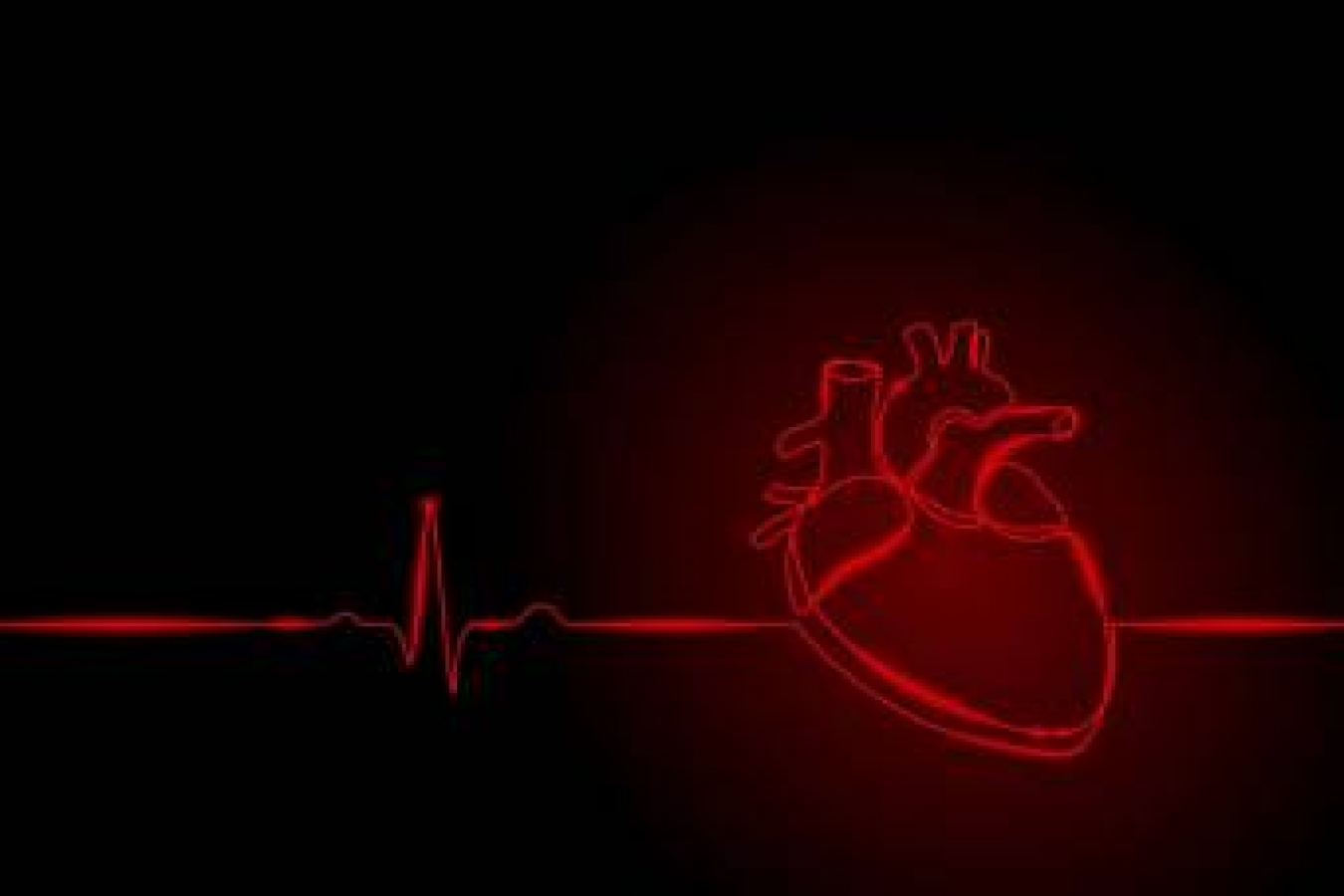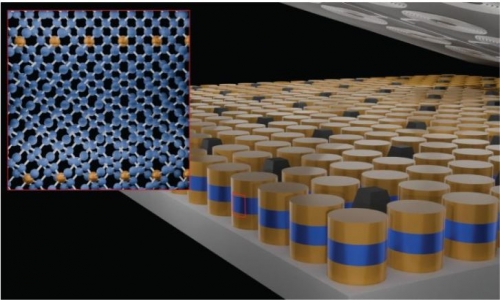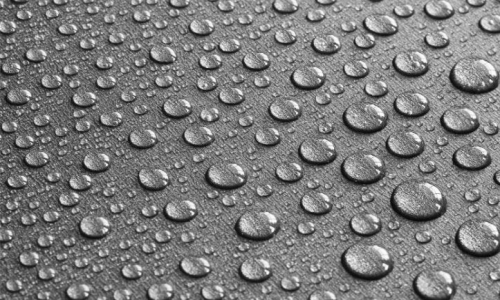


 4:33:48
4:33:48  2019-11-02
2019-11-02  951
951

The inflammatory condition atherosclerosis, where fatty, waxy deposits build up in arteries, raises the risk of stroke, heart attack, and cardiovascular disease. Now, using mice and human samples, scientists have shown for the first time that a protein in cells called macrophages promotes the disease.
Macrophages are a large group of cells that do many different jobs and abound in all tissues of the body. Their diverse functions include tissue repair and immunity.
Earlier studies had already shown that macrophages in the immune system absorb excess cholesterol and that too much of the waxy substance causes the cells to transform into foam cells.
When heavy with cholesterol, foam cells are bigger than macrophages and can deposit in artery walls and cause blockages.
Scientists have also been studying a protein called Tribbles Pseudokinase 1 (TRIB1) in connection with cardiovascular disease. They have detected it in macrophages in arterial deposits in mice, and they have also linked variants of the protein's coding gene to increased risk of atherosclerosis in human populations.
The new Science Advances study plugs a gap in the research on macrophages and TRIB1 in relation to atherosclerosis. It is the first to show that TRIB1 in macrophages decides how much cholesterol the cells can carry when they transform into foam cells.
The importance of cell specific expression
The new finding is significant not only because it offers a potential fresh treatment target for atherosclerosis, but also because it reveals how protein expression by specific cells contributes to cardiovascular disease.
"The role of TRIB1 in macrophages has remained elusive for some time," says first study author Jessica M. Johnston, Ph.D., of the Department of Infection, Immunity, and Cardiovascular Disease at the University of Sheffield in the United Kingdom.
"Our research," she adds, "provides the missing link and highlights the importance of cell specific expression in cardiovascular disease."
Other members of the international team include senior study author Endre Kiss-Toth, professor of cell signaling at the University of Sheffield, and colleagues from other centers in the U.K., the United States, and Hungary.
The study reveals that higher levels of TRIB1 promoted atherosclerosis by increasing specific receptors for taking up cholesterol in macrophages. In contrast, decreasing TRIB1 by reducing expression of its coding gene, reduced disease.
The researchers used various mouse models of human disease to test the effect of high and reduced levels of TRIB1. Data on samples from human cohorts also confirmed links between TRIB1 and cholesterol uptake.
"Collectively," write the authors, "our studies reveal an unexpected beneficial effect for selectively silencing [the gene for TRIB1] in arterial plaque macrophages."
Targeting cholesterol laden foam cells
Prof. Kiss-Toth suggests that building on the findings could help to identify which people with cardiovascular disease might benefit most from treatment that targets the formation of cholesterol laden foam cells.
Atherosclerosis raises the risk of various cardiovascular diseases and events such as stroke and heart disease, depending on which arteries it affects and how it progresses.
Atherosclerotic deposits, or plaques, can accumulate and either partially or completely block large and medium arteries that supply oxygen- and nutrient-rich blood to the heart, pelvic area, brain, legs, arms, and kidneys.
Coronary artery disease, angina, carotid artery disease, peripheral artery disease, and chronic kidney disease are some of the conditions that can arise from blood supply restriction due to vessel blockage.
However, the plaques also pose a direct risk of heart attack or stroke because, as they grow, there is a greater chance that a piece may break off and travel to the heart or brain.
"Studying the genetics of cardiovascular disease in large human populations has revealed that TRIB1 contributes to its development. However, this is the first time that its role in immune cells has been directly addressed, thus uncovering a new mechanism by which arterial disease develops."Prof. Endre Kiss-Toth
Reality Of Islam |
|

For years,

New scienti

This is the

A computer
 9:3:43
9:3:43
 2018-11-05
2018-11-05
10 benefits of Marriage in Islam
 7:5:22
7:5:22
 2019-04-08
2019-04-08
benefits of reciting surat yunus, hud &
 9:45:7
9:45:7
 2018-12-24
2018-12-24
advantages & disadvantages of divorce
 11:35:12
11:35:12
 2018-06-10
2018-06-10
 6:0:51
6:0:51
 2018-10-16
2018-10-16
a hero waters thirsty wild animals
 9:4:9
9:4:9
 2022-01-06
2022-01-06
 7:6:7
7:6:7
 2022-03-21
2022-03-21
bahlool & the throne of haroun rashid
 8:20:35
8:20:35
 2018-06-21
2018-06-21
 4:26:43
4:26:43
 2022-02-21
2022-02-21
the happy life of mankind requirement
 6:36:36
6:36:36
 2022-01-25
2022-01-25
 2:5:14
2:5:14
 2023-01-28
2023-01-28
 9:42:16
9:42:16
 2022-10-19
2022-10-19
 5:41:46
5:41:46
 2023-03-18
2023-03-18
| LATEST |